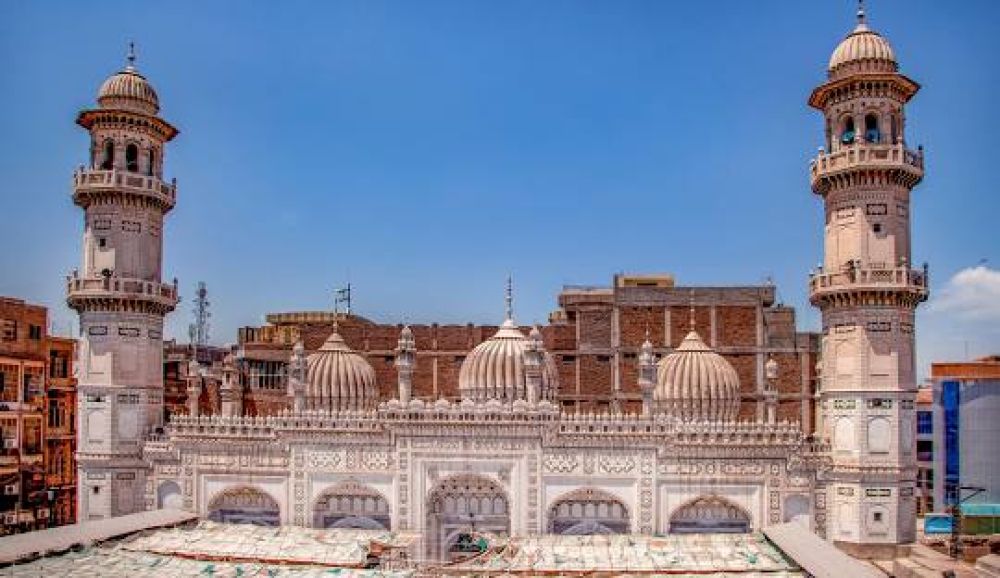

Peshawar, the vibrant city in the heart of Khyber Pakhtunkhwa province of Pakistan, has long been a cradle of rich history and cultural diversity. Among its numerous historical sites, the Mahabat Khan Mosque stands as a testament to the architectural beauty and religious significance that has attracted tourists and faithful alike for centuries.
The Mahabat Khan Mosque was constructed in 1630 during the reign of the Mughal Emperor Shah Jahan, and it is named after the Mughal governor of Peshawar, Nawab Mahabat Khan Bin Ali Mardan Khan. The mosque is renowned for its exquisite Mughal architecture, detailed frescoes, and intricate carvings, making it a significant example of the artistic heritage of the time.
Throughout its history, the mosque has seen several restorations, especially after being damaged by fire in 1898 and later during an earthquake in 1935. The efforts to maintain and restore the mosque have been crucial in preserving its original grandeur, allowing it to remain a central place of worship and a strong draw for tourists with an interest in historical architecture and Islamic culture.
As a key tourist attraction in Peshawar, the Mahabat Khan Mosque has witnessed various phases of the tourism industry's evolution in the region. From the times of the Silk Road when it was a stop for travelers and traders, the mosque has always fascinated visitors with its grandiose presence.
Recent years have seen a growing interest in cultural and heritage tourism in Pakistan, with an emphasis on exploring the country's rich Islamic history. The Mahabat Khan Mosque, therefore, has become a much-visited destination for those eager to delve into the past and experience the spiritual atmosphere of this historic site.
In recent times, with the advent of digital platforms and social media, there has been a significant shift towards virtual tours and online showcases of Pakistan's tourism hotspots, including the Mahabat Khan Mosque. These digital avenues have allowed a wider global audience to glimpse the grandeur of Peshawar's historical marvels.
Furthermore, Pakistan's government, along with various tourism groups, has been actively promoting sustainable and responsible tourism practices. These include efforts to both protect the integrity of historical sites such as the Mahabat Khan Mosque and ensure that the local community benefits from the tourism industry.
As travel preferences continue to evolve, initiatives such as ecotourism and community-based tourism are expected to grow, tying in with the experience of visiting historical sites like the Mahabat Khan Mosque in ways that are both enriching for travelers and beneficial for the local heritage and population.
If you're considering a trip to Peshawar, the Mahabat Khan Mosque is a captivating destination that promises a journey back in time and an insight into the cultural tapestry that defines this region of Pakistan.